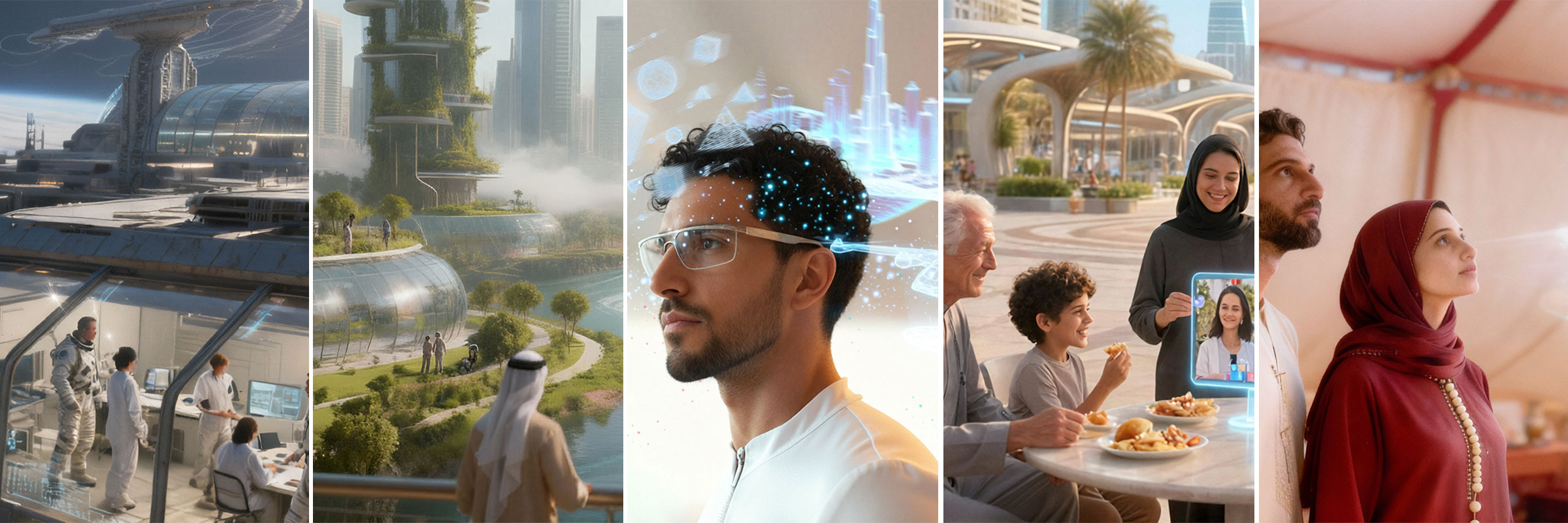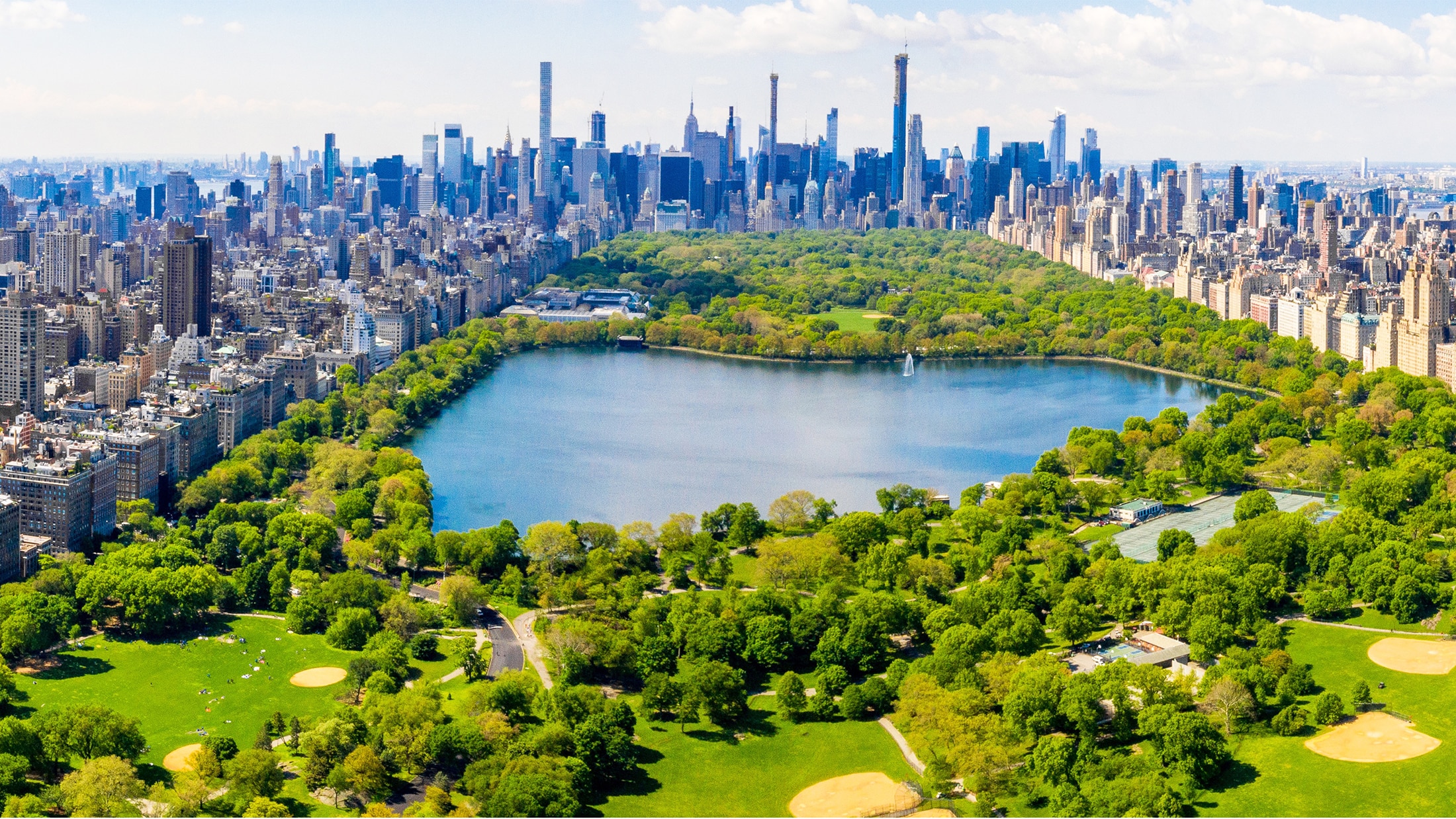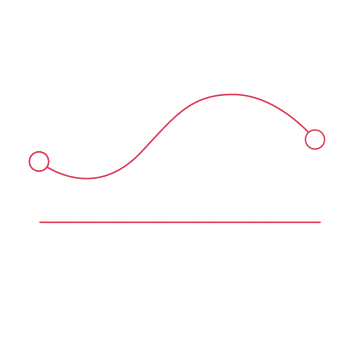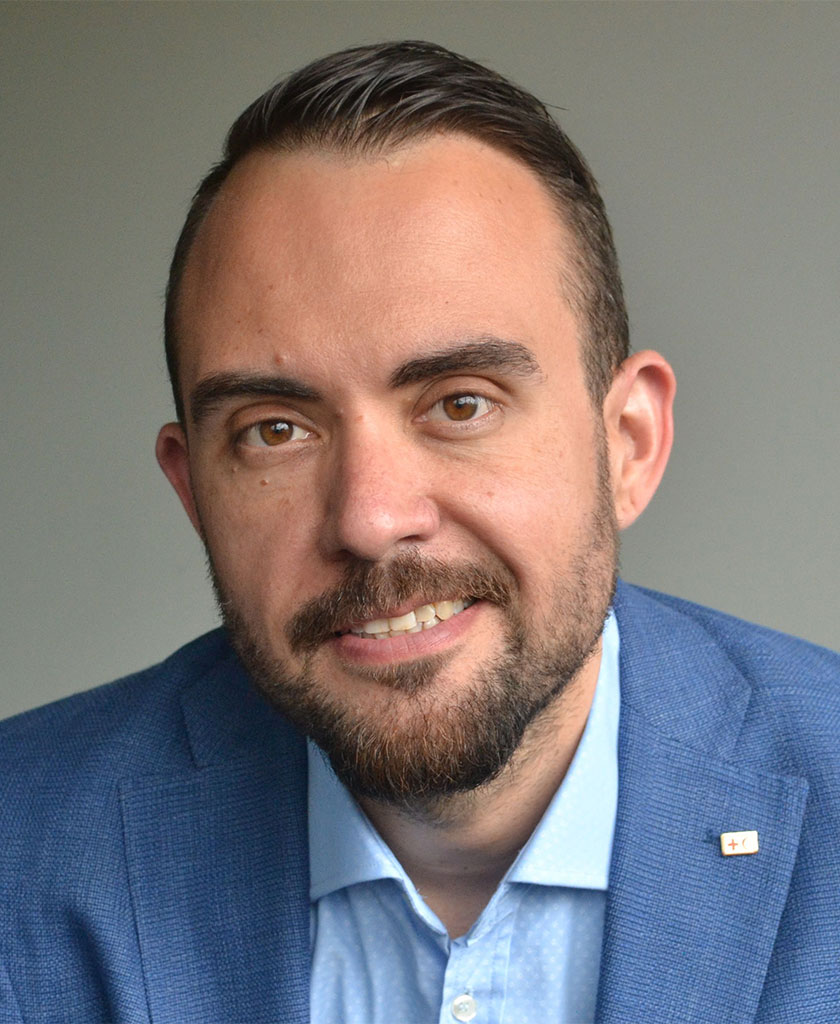Actionable foresight
With tools such as horizon scanning, systems mapping, and scenario planning, we connect the now to future opportunities, ensuring organizations are ready to act and thrive in a rapidly changing world.
Our unique approach blends foresight with systems thinking to create future-ready roadmaps that guide decisions today.


Linear careers are a thing of the past. Workers will change jobs and career paths a number of times in an open economy of knowledge, and automation will have taken one-third of the jobs that exist today. In this volatile, complex, and uncertain world, individuals will need to constantly learn new skills to thrive and succeed. Soft and interpersonal skills such as complex problem-solving and creativity will drive future economic development as much as advanced technical skills and digital literacy.
Circular cities represent a transformative shift towards sustainable urban development by prioritizing resource efficiency, regenerative design, and the integration of circularity into all functions (such as mobility and waste management). When the value of resources is extended by re-using them, we can better manage our environmental footprint and create stronger, more connected communities. Alongside investments in smart technology and modular infrastructure, cities will need to consider how residents’ lifestyles would need to adapt in line with sustainable practices, and which skills will be required to maintain and advance circular innovation.
The future of living things will change forever by biotechnology. With climate change threatening crops, fossil fuels being depleted, and ailments continuing to jeopardize human welfare, using technology to modify biological organisms is one way out of the social and environmental turbulence. The region faces a dire need for biotech as desertification and water scarcity put agriculture at risk. Governments will need to step up to ensure responsible development of environmentally friendly solutions, including effective regulation, investments in research and the start-up ecosystem, as well as clear public awareness campaigns.
Family, kinship, and community are the founding values of many societies. However, people today increasingly see themselves on a life’s journey as individuals, expressing choices and liberties that often part from the collective interest. On one side, people’s wellbeing can increase with greater freedom of choice and accountability. On the other side, individualism can lead to greater social alienation, anxiety, and loneliness, and consequently to erosion of the cultural fabric of society.

























Menu